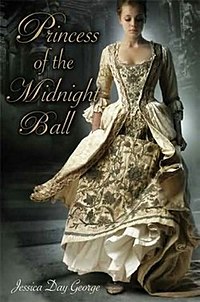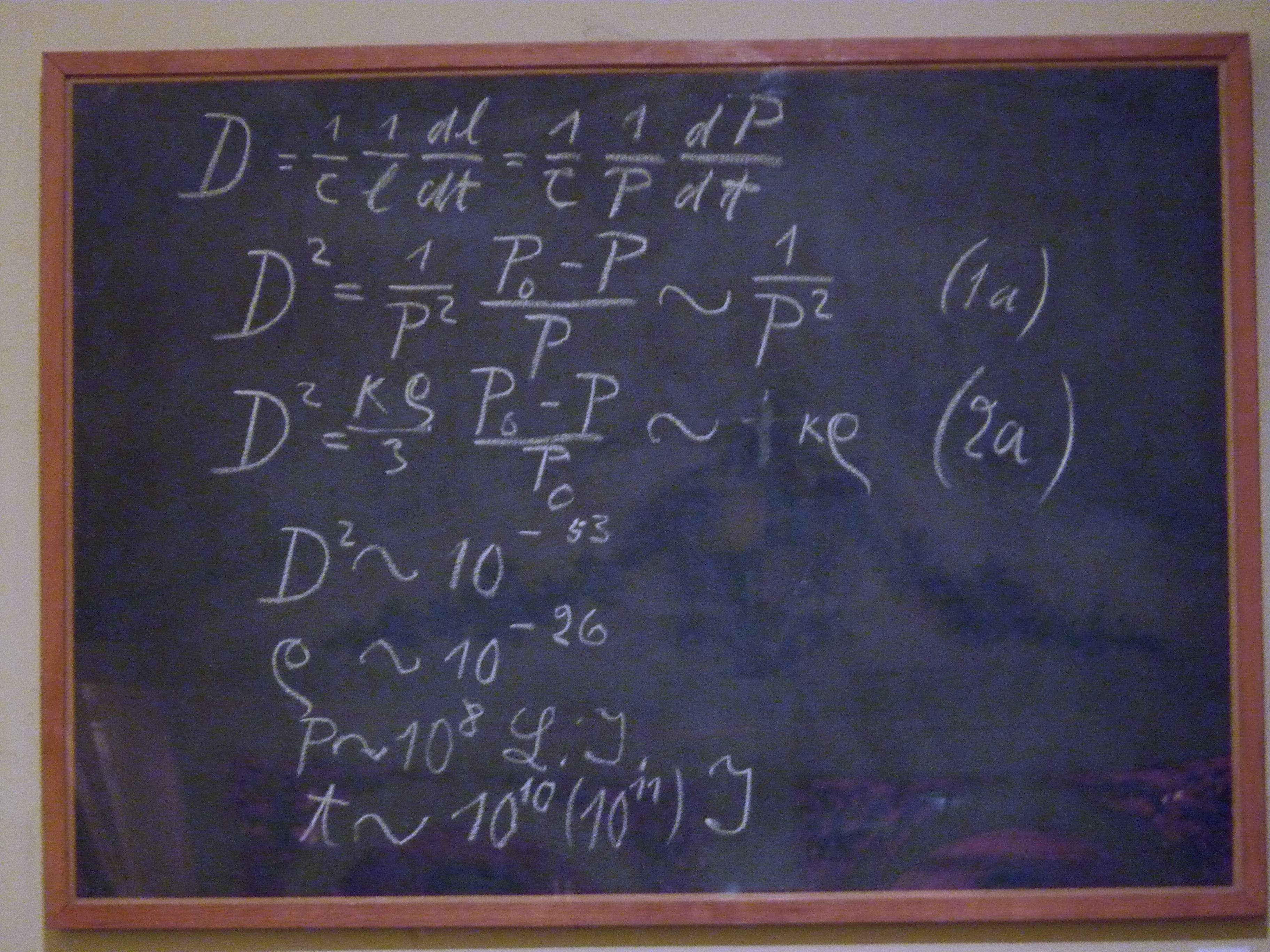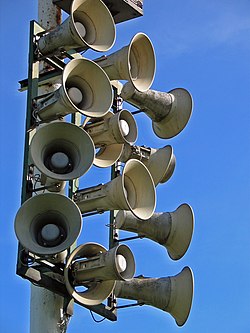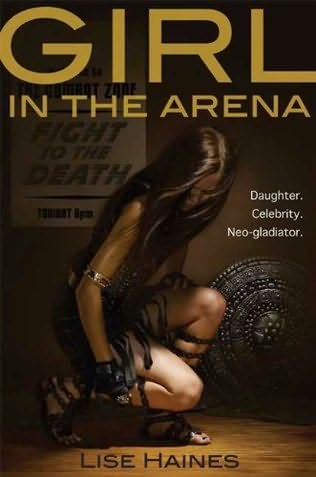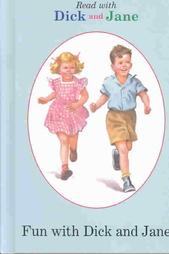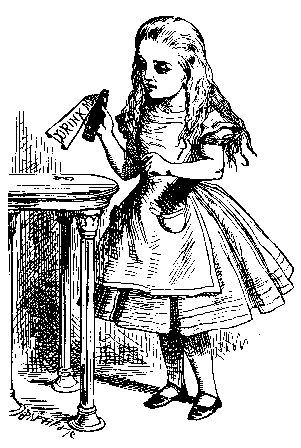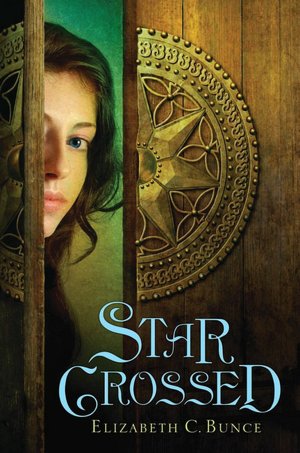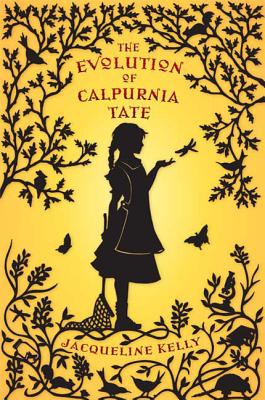 |
| Apocalypse! Ahhhh! |
1. Is your protagonist a sixteen year old female?
2. Does your protagonist have exactly one sibling?
3. Are children banned in any way? (Examples: Outlawed, limited to two per family)
4. Does your government quell uprisings through surgery?
3. Does your government arrange marriages?
6. Does your character meet someone for the first time and soon falls into a relationship so true, so strong, that no force of nature or the government could break it apart?
7. Is the love interest an outcast or from a lower class than your protagonist?
8. Does your protagonist think their world is ideal until the love interest teaches them to see beyond the lies?
9. Is your government basically communism on steroids?
10. Is it headed by a single old man worshiped and feared by all his subjects?
11. Have they branded a certain group of people as unacceptables although they pose no apparent threat?
12. Does your government kill off normal citizens for some undefined reason in order to keep the plot going?
13. Is your story the first of a planned trilogy?
14. Will the next two book's titles share suffixes with the first's title? (Examples: Fever, Wither, Sever. Matched, Crossed, Reached. Delirium, Pandemonium, Requiem.)
15. Are you going to write prequels and midquels staring secondary characters?
15 1/2: Do you know the definition of the word trilogy?
15 3/4: Is your name Scott Westerfield?
15 7/8: Do you see nothing wrong with these numbers?
16. Does your protagonist have no memory or knowledge of the World Before?
16 9/π: Alternatively, do they know exactly how our customs and technology worked and compare them alongside their own world?
17. Was the World Before decimated by World War III?
18. Were Europe, Asia, Africa, Australia, and South America destroyed in the Apocalypse, yet North America was able to arise from the ashes?
19. Do you use bird imagery in your story?
20. Would 'gilded cage' make for a good metaphor in your story?
21. How about 'bubble'?
22. Is your protagonist dressed up or forced to look her best for Moments of Doom? (Examples: a fight to the death, a face to face meeting with the Supreme Dictator.)
23. Is any of your characters an 'unwitting pawn'?
24. Does your Supreme Dictator let the protagonist run around the country for several hundred pages, only to show up at the climax, because they wanted to see how far the protagonist would get?
25. Does your protagonist have a tracker on their person from the beginning of the story?
26. Is the tracker implanted inside their body?
27. Are organizations in your book so important, you need to capitalize the first letter? (Society, Authorities, Reestablishment, the Order.)
28. Does your character's best friend exist for the sole purpose of being killed, captured, brainwashed, or corrupted?
29. Does their sibling exist for the sole purpose of being killed, captured, brainwashed, or corrupted to add fuel to their fight?
30. Does killing off the hypotenuse sound like an excellent way to solve a love triangle?
31. Do your leading characters' names sound suspiciously like Adam and Eve? (Examples: Addie, Eva, Evelyn)
32. Do you think 'dystopian' means 'ya sci fi romantic thriller'?
33. Do you think 'dystopian' is the same as 'post apocalypse'?*
34. Has rebellion always been brewing, but doesn't kick in until your protagonist joins the Resistance?
35. Is your protagonist the figurehead of the Resistance despite having little or no strategic military value?
36. Does the conspiracy go even deeper than it first appeared?
37. Several times?
38. Is The Resistance located far out in the wilderness?
39. And yet they have technology capable of overthrowing the Supreme Dictator?
40. Does your story go something like this: discovers conspiracy, on the run, gets caught, escapes, joins uprising, wins at a high cost?
41. Does the 'on the run' portion cover the entire second book?
42. Were you lazy when it came to world building, so you decided technology is exactly the same in the future, except they have really fast trains?
43. Did your protagonist only become a rebel because their best friend/lover/sibling started out as one?
44. Does this buddy decide to ditch the rebellion?
45. Is your setting located next to a body of water that was altered by global warming?
46. Are all animals extinct (never mind how the ecosystem continues to function)?
47. Does reality TV play an important part in your story?
48. How about social networking?
49. Does your government monitor every citizens' every move?
50. Are you basically ripping off George Orwell or Suzanne Collins? Read that question again and answer honestly.
Bonus Questions: If you wrote a jacket blurb for your story, would it sound similar to this thing I made up on the spot?
Two hundred years ago, North America as we know it was decimated by the Plague and the Last War. The Organization arose from the ashes. To keep the peace, they surgically eliminated beauty from the human mind.
Sixteen year old Evetta is smart enough to keep her head down. The Organization will choose a safe life for her. Until she meets Damian. Damian is an Undesireable, one of the rare few who can resist the Organization's Procedures. The mysterious daredevil can only lead to trouble-yet she finds herself falling helplessly in love with him.
But when her brother Owen disappears, Evetta is forced to face the facts. Her entire life has been spent in a gilded cage-and Damian holds the key to her escape.
The World After is a thrilling literary debut from rising YA sensation Erica Eliza Bloggersnark. This fast paced story set in an intriguing postmodern setting will have readers anxiously awaiting the next installment.
The World Now hits bookstores in Fall of 2014! (Followed by The World Eternal eighteen months later because publishing companies like making you wait)
*Post-apocalyptic means the world died and the survivors are left picking through rubble. Dystopian means the big bad government is controlling the people. A story can be both, of course, but it has to be done right. Imagine our world is destroyed by nuclear warfare next Tuesday. What's the government's top concern? Negotiating peace treaties? Organizing hospitals? Implanting tracker chips in citizens' brain? Arranging marriages? Sending dozens of men in black sedans after teenagers who break those rules?
Hunger Games suffered from this for awhile. What does killing off a few random teenagers have to do with a seventy four year old uprising? The movie clears this up beautifully (along with the whole two victor thing) with the rose garden scenes. One word. Hope.
You can't just toss in a mention of The Plague and The War to justify your world. You need to know how and why it came to be.
